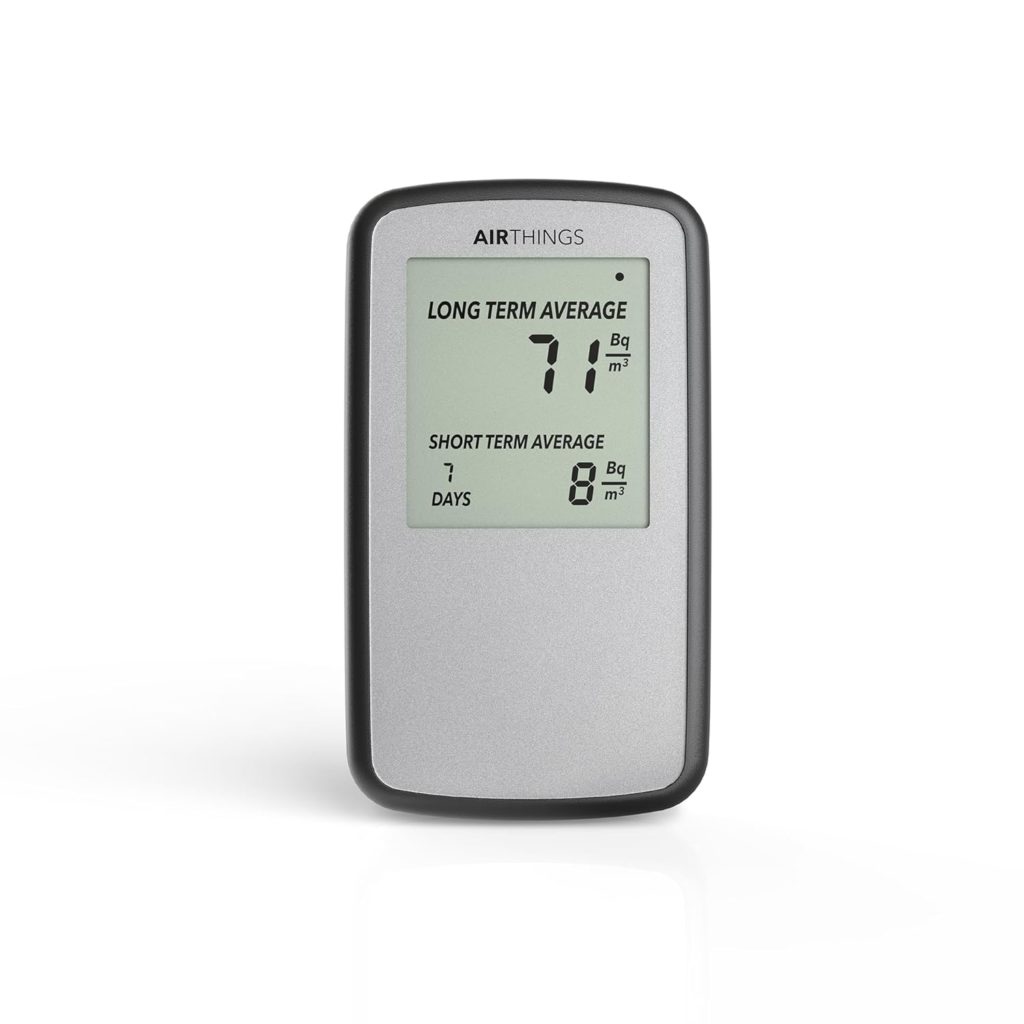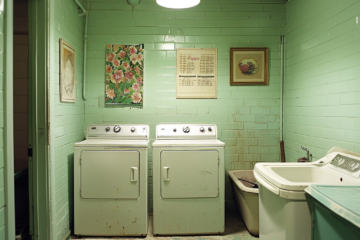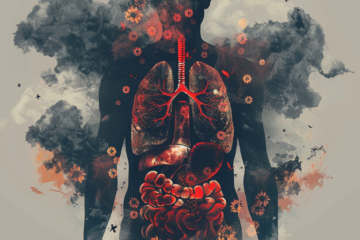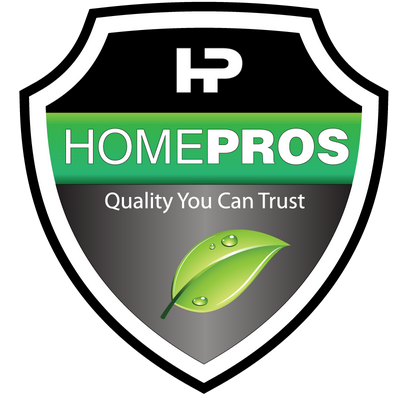Understanding Radon Gas
Radon in Edmonton, for sure, but first you must learn what it is. Radon is a naturally occurring radioactive gas that is invisible, odourless, and tasteless. It is produced from the natural decay of uranium found in soil, rock, and water. Radon can seep into homes and buildings through cracks in the foundation, gaps around pipes, and other small openings. Over time, radon can accumulate to levels that pose significant health risks, particularly lung cancer.
Radon in Edmonton: A Community Concern
While radon is a concern across Canada, certain regions, including Edmonton, are particularly susceptible due to the local geology. The soil composition in and around Edmonton can increase the likelihood of radon gas infiltration into homes. A study conducted by Health Canada identified areas within Alberta where radon levels are higher than the national average, and Edmonton falls into one of these areas.
Local awareness has been growing, especially after reports highlighted elevated radon levels in various homes within the community. This has prompted many residents to test their homes, leading to a heightened understanding of the potential risks.
Health Risks: Why You Should Care About Radon
Radon is the second leading cause of lung cancer in Canada, following smoking. Long-term exposure to high levels of radon can significantly increase the risk of developing lung cancer. For non-smokers, radon is the leading cause of lung cancer, making it a critical public health issue. The Edmonton community, with its higher-than-average radon levels, should take this threat seriously.
According to Health Canada, radon levels are considered elevated if they exceed 200 becquerels per cubic meter (Bq/m³). Homes with levels above this threshold should take action to mitigate the radon levels to protect the health of their occupants.
Testing for Radon in Edmonton
Testing is the only way to know if your home has elevated radon levels. Fortunately, testing is simple and relatively inexpensive:
- Short-term radon test kits: These kits are left in your home for a few days to a week and then sent to a lab for analysis. They can provide a quick snapshot of radon levels but may not be as accurate as long-term tests, or you can install a digital system from Airthings Radon Detector available on Amazon.
- Long-term radon test kits: These kits are left in place for three months to a year and provide a more accurate assessment of your home’s radon levels over time.
Both types of kits are available for purchase online, at local hardware stores, or through health organizations.
What to Do If Your Radon Levels Are High
If testing reveals that your home has elevated radon levels, there are several steps you can take to reduce the risk:
- Increase ventilation: Improving airflow in your home can help lower radon levels, although this may not be sufficient on its own.
- Seal cracks and openings: Ensure that any cracks in your foundation, as well as gaps around pipes and drains, are sealed to prevent radon from entering your home.
- Install a radon mitigation system: A radon mitigation system is the most effective way to reduce radon levels. These systems typically involve installing a pipe and fan system that vents radon from beneath your home’s foundation to the outside air.
Community Efforts and Awareness
Edmonton’s local government and health organizations have been increasing efforts to raise awareness about radon. Educational campaigns and resources are available to help residents understand the risks and take action. The City of Edmonton has even encouraged residents to participate in radon testing initiatives, offering support and information to those who need it.
Radon gas is a serious health risk that should not be ignored, especially in areas like Edmonton where levels may be higher due to local geology. Testing your home is the first step in protecting your family from the dangers of radon exposure. If elevated levels are found, take immediate action to reduce radon levels and ensure a safe living environment.
By being proactive, Edmonton residents can mitigate the risks associated with radon and safeguard their health and the health of their loved ones.




